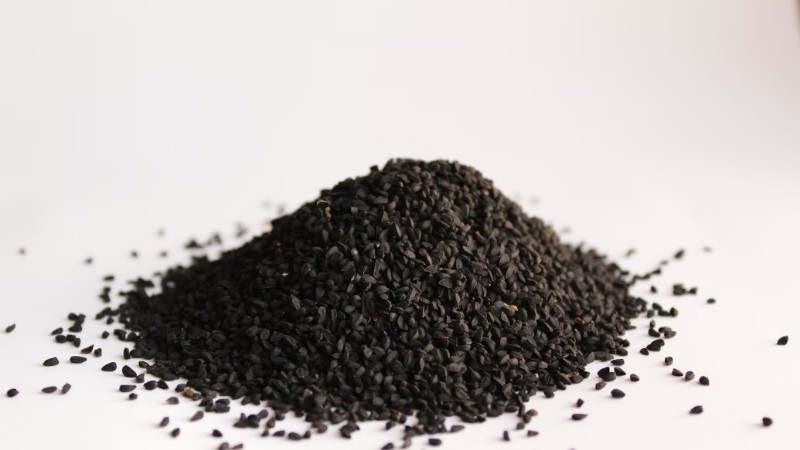As we age, maintaining physical and mental health becomes increasingly challenging due to various factors, including the natural decline in bodily functions, increased risk of chronic diseases, and emotional strain from life changes. However, new research suggests that psychological resilience, the ability to bounce back from adversity and cope with stress, plays a crucial role in reducing the risk of mortality in older adults.
This resilience, which encompasses emotional toughness and adaptive coping mechanisms, appears to provide a protective buffer against the many physical and emotional hardships that come with aging.
A recent study published in BMJ Mental Health sheds light on how cultivating psychological resilience can enhance not only mental well-being but also physical health outcomes in seniors, potentially leading to longer, healthier lives. This connection between mental toughness and longevity is gaining attention as researchers explore new ways to improve aging populations’ quality of life and overall survival rates.
Understanding psychological resilience
Psychological resilience is the ability to manage stress, adapt to challenges, and recover from difficult situations. Whether it’s dealing with loss, poverty, or other life obstacles, resilience helps people maintain a positive outlook despite the difficulties they face.
Some individuals are naturally more capable of handling stress, while others may find it harder to recover, which can lead to long-term mental health issues. According to the News-Medical article, genetic factors and coping mechanisms play a big part in how someone deals with adversity.
Older adults who show greater resilience often have better physical and mental health, even when faced with challenges. This adaptability not only improves quality of life but also extends it.
Resilience and mortality risk
While the idea of resilience being linked to lower mortality risk isn’t new, solid evidence supporting this idea has been limited. The latest study helps bridge this gap by analyzing data from the Health and Retirement Study, which is a national survey of adults in the U.S. over 50 years old.
The study tracked participants from 2006 to 2008 and followed up until May 2021 to evaluate how resilience affects mortality rates over time.
Researchers used a recognized scale to classify participants into four groups based on their resilience levels. They then compared mortality rates across these groups. After adjusting for factors like demographics and personal habits, they found that those with higher resilience levels were less likely to die during the follow-up period.
Interestingly, the study found that the link between resilience and lower mortality was particularly strong among women. Women with high resilience had a lower risk of death from heart-related conditions and overall, suggesting that resilience may offer protection for both the heart and general health.
The broader implications for health interventions
These findings suggest healthcare professionals should explore strategies for building resilience to improve health outcomes in older adults. With the clear connection between resilience and lower mortality, developing targeted interventions to strengthen resilience could offer valuable benefits.
This study’s large and representative dataset adds weight to its findings, though some limitations remain.
For instance, researchers acknowledged that resilience is a trait that can change over time. Future research could track changes in resilience at different life stages, rather than relying on one assessment.
Unmeasured factors such as social support and environmental influences may also affect an individual’s resilience, pointing to the need for more detailed studies.
Healthcare providers can enhance resilience by helping patients develop emotional regulation, and problem-solving skills, and building social support networks. These factors may allow older adults to handle the challenges of ageing better, reducing health risks and improving their well-being.
The grace of ageing
While further research is needed to fully understand resilience, these findings offer a promising starting point. By helping older adults build emotional strength, healthcare providers could help reduce mortality rates and support longer healthier lives.
This study emphasizes the importance of resilience for healthy ageing. By focusing on emotional toughness, society may help seniors live longer, healthier, and more fulfilling lives.













